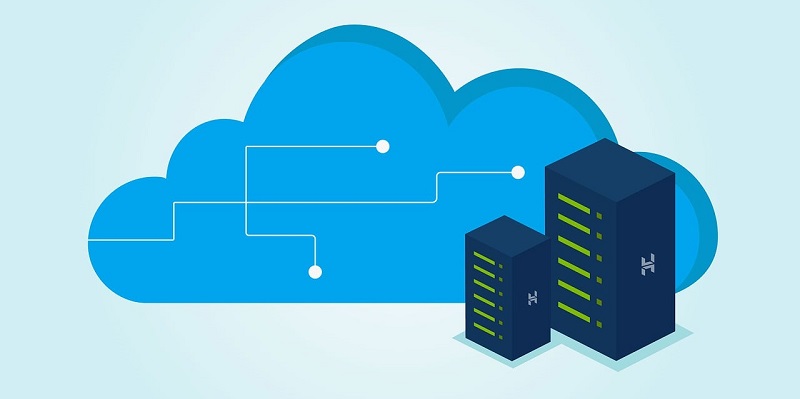In today’s digital age, data management has become a critical aspect of every industry, and the telecommunications sector is no exception. As the volume of data continues to grow exponentially, telecom companies need efficient and scalable solutions to store, retrieve, and manage their data effectively. One solution that has emerged as a game-changer in this domain is cloud storage gateways.
Explanation of Cloud Storage Gateways and Their Role in Optimizing Data Transfer
Cloud storage gateways utilize a combination of local caching and data deduplication techniques to optimize data transfer between on-premises storage and the cloud. They act as intermediaries, facilitating the seamless movement of data between local infrastructure and cloud storage platforms. These gateways act as a bridge between telecom companies’ existing infrastructure and cloud storage services.
Cost-effectiveness and Scalability
By leveraging cloud storage services, telecom companies can significantly reduce their infrastructure costs. With cloud storage gateways, they only pay for the storage they actually use, avoiding expenditures on expensive hardware and maintenance. Additionally, cloud storage gateways offer unparalleled scalability, allowing telecom companies to easily expand their storage capacity as needed.
Enhanced Data Protection and Disaster Recovery Capabilities
Cloud storage gateways play a crucial role in enhancing data protection and disaster recovery capabilities for telecom companies. By replicating data to multiple cloud regions, these gateways safeguard against data loss in the event of hardware failures or natural disasters. This redundancy ensures business continuity and minimizes the risk of data disruption.
Robust Security Measures
Cloud storage gateways employ advanced encryption and other security measures to ensure the confidentiality and integrity of data during transfer and storage. This ensures that sensitive customer data and proprietary information are protected from unauthorized access, maintaining the trust and reputation of telecom companies.
Seamless Integration with Existing On-premises Infrastructure
Cloud storage gateways are designed to seamlessly integrate with existing on-premises infrastructure, making adoption and implementation hassle-free for telecom companies. These gateways work in conjunction with existing storage systems, eliminating the need for costly and time-consuming infrastructure overhauls. As a result, telecom companies can quickly harness the benefits of cloud storage without disrupting their existing operations.
Improved Data Access Performance and Reduced Latency
By utilizing local caching and data deduplication techniques, cloud storage gateways can significantly improve data access performance, reducing latency and enhancing the user experience. These gateways store frequently accessed data locally and only transfer unique data blocks to the cloud, reducing the time required for data retrieval. This empowers telecom companies to provide swift and efficient services to their customers.
Cloud storage gateways offer telecom companies a powerful means to efficiently manage and leverage their data assets in the growing digital landscape. As the volume of data continues to rise, these gateways enable cost-effective storage, enhanced data protection, and disaster recovery capabilities. They boost security measures, seamlessly integrate with existing infrastructure, and improve data access performance. By embracing cloud storage gateways, telecom companies can stay ahead in the competitive telecommunications industry, unlocking the potential of their data and delivering exceptional services to their customers.

